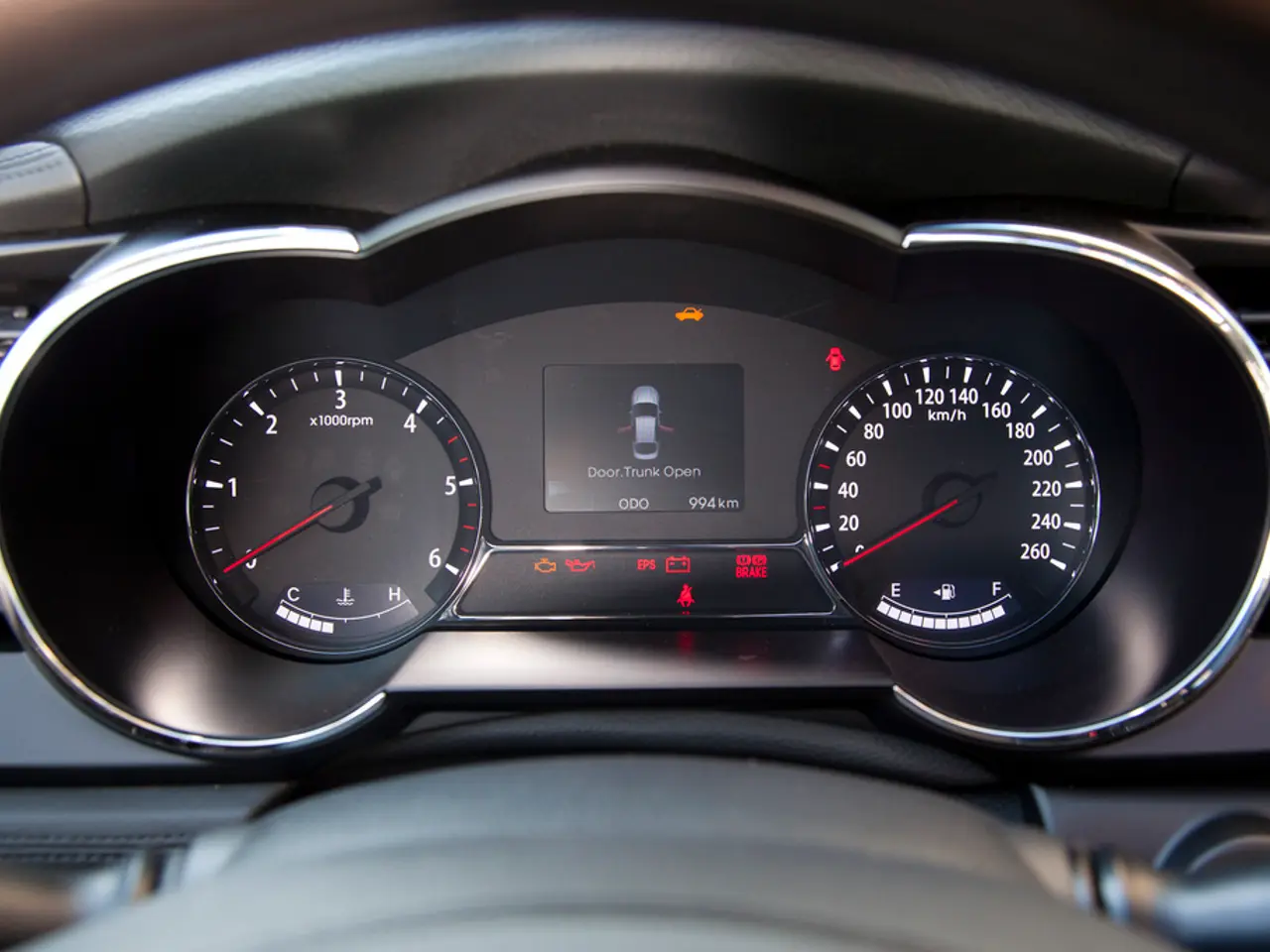Guidelines for Prolonging the Lifespan of a Car Battery
In the world of automotive technology, maintaining a healthy car battery is essential, especially with the increasing popularity of start-stop systems in modern vehicles. Here's a comprehensive guide to help you understand the importance of battery maintenance, the types of batteries available, and how to choose the right one for your vehicle.
Firstly, it's crucial to know that frequent short trips and extreme temperatures can reduce a car battery's lifespan. To counteract this, turning off unnecessary electrical devices before starting the engine can help reduce excessive strain on the battery. Regularly checking the battery's charge level, ensuring secure mounting, and cleaning battery terminals can also help extend the life of a car battery.
When it comes to choosing the right battery, the AGM (Absorbed Glass Mat) battery is the most powerful form of lead-acid battery, making it suitable for cars with a start-stop system. The Lead-acid battery is a common type, but it has limitations such as rapid self-discharge and low cycle stability. An improvement on the lead-acid battery, the EFB (Enhanced Flooded Battery) offers high cycle stability and is less sensitive to high temperatures. Lithium-ion batteries, while having a higher energy density, are more susceptible to deep discharge and overcharging.
To gain insight into a battery's condition, tools like the Topdon BT50 battery tester and the Konnwei KW600 battery tester can be invaluable. The Topdon BT50, for example, has four test modes: battery load test, voltage test, starting test, and charging test. The NOCO Genius 5, on the other hand, is a versatile charger suitable for 12-volt and 6-volt systems, as well as AGM, lithium-ion, or EFB batteries. It also features a "Force Mode" that can recondition batteries that have fallen below one volt.
In electric or hybrid vehicles, a conventional 12-volt battery is still used, and it ages conventionally due to regular loads. A maintenance charger like the CTEK MXS 5.0 can help preserve a battery's function during long periods of inactivity. The Gysflash 6.12 charger is designed for charging 12-volt batteries and has a reconditioning mode for batteries with a remaining charge of over two percent.
When purchasing a new battery, it's important to check which type is suitable for the vehicle. Affordable options like the Bosch C30 battery charger offer charging for EFB and AGM batteries, as well as motorized two-wheelers.
Lastly, it's worth noting that defective electrical components or forgotten lights can unintentionally discharge a battery. Always ensure your vehicle is in good electrical health to prolong your battery's life.
In terms of lifespan, the average battery life of an electric vehicle typically spans around 200,000 to 300,000 kilometers, maintaining about 85% to 90% of its capacity after that distance. Many Tesla batteries have proven to last over 500,000 to 600,000 kilometers with only about 15% capacity loss after roughly 320,000 km. Manufacturers generally offer 8-year or 160,000 km warranties on batteries retaining 70% capacity, with some like Lexus offering even up to 10 years or 1 million km guarantees.
By following these tips and maintaining a regular battery check, you can ensure your vehicle's battery stays healthy and reliable, saving you from unexpected breakdowns and costly replacements.
Read also:
- Lu Shiow-yen's Challenging Position as Chair of the Chinese Nationalist Party (KMT) Under Scrutiny in Donovan's Analysis
- Tough choices on August 13, 2025 for those born under Aquarius? Consider the advantages and disadvantages to gain guidance
- Microbiome's Impact on Emotional States, Judgement, and Mental Health Conditions
- Restaurant staff allegedly requires Minnesota teenager to validate her gender for bathroom access.







